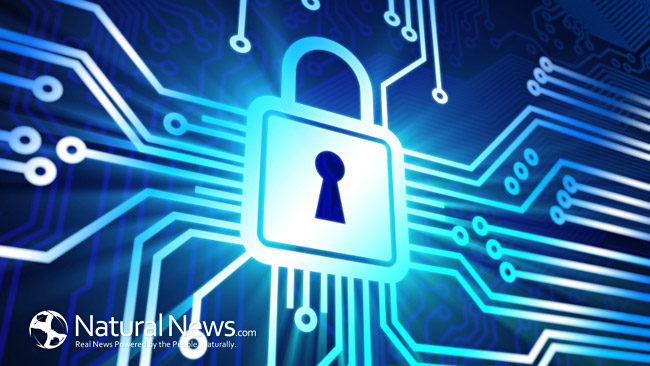While you may not think your PC might be the target of hackers and cyber-criminals, who are more inclined to go after bigger fish such as Sony or Apple, you’d be surprised to learn that it is the PCs and mobile devices of normal, everyday consumers that are targeted most. Businesses both large and small and individuals all across the globe are subject to attacks by hackers and malicious code every day, and more often than not, the hackers succeed, because many simply do not take the necessary precautions to ensure that their PCs and data are secure.
Making sure your PC is secure doesn’t require much effort on your part, but you’ll have to put in a lot of effort, not to mention time, money and stress if you don’t utilize common sense and a hacker does access your PC. So follow the tips and steps below to keep your data secure, and you’ll be able to get rid of cyber security issues almost instantly before they can wreak havoc on your PC and quite possibly your finances and your life.
- Public and Private WiFi
When using your PC or mobile devices at home, you are likely connected to your own wireless router. But is it secure? If you haven’t password protection, then anyone can connect to it, and potentially access your own devices. Keep it secure by ensuring no one can connect to it without a password.
When using public WiFi, do not go to any sites that require you to login with a username and password, as someone else in the area could easily be intercepting those transmissions and then using the information later to gain access to those sites, such as your email, a bank, credit card institution, EBay, or pretty much anything you’ve logged in to.
- Logins
No doubt you are familiar with login procedures for your mobile devices, PC, and various websites. But while many web sites log you off after a short period of inactivity, many PCs or mobile devices do not unless you’ve manually set them to do just that. Believe it or not, many hackers could be those you work with. To protect your information when you are not near your PC or mobile device, simply set it to require a login after a period of inactivity so that others can’t take advantage of an unguarded device or workstation.
- Anti-virus Protection and Firewalls
First and foremost, you need to invest in reliable anti-virus security. There are many options today for best antivirus protection applications currently available. Many of them are cloud based antivirus application, which means it can be updated instantly as new updates are released without you having to do anything. Most antivirus applications require you to download and install updates manually, and in the interim, new viruses or malware may be exploiting vulnerabilities in system software to access your PC.
Additionally, best antivirus prevention applications offers more than just safeguard against viruses. It also protects your PC from malware and hackers attempting to sneak malicious code into your system or steal data from it. Likewise, your firewall is also designed to ensure that only authorized data goes in or out, so that hackers can’t access your PC unlawfully.
- Strong, Original Passwords
Do you use the same password for one or more website accounts? If so, you need to stop doing this immediately. Picture this: a hacker, through one means or another, manages to get your username and password for a site such as Facebook or EBay. Through either of those sites, the hacker might be able to discover what other accounts you might have, such as your bank, email account, credit card accounts, Amazon.com or PayPal accounts, etc. If you use the same password for any of those sites, the hacker has all he needs to gain access to those sites as well.
By keeping different passwords for different accounts, you significantly limit the damage a hacker can do. If you feel that you might have trouble remembering different passwords for all of your accounts, then you can use a password manager application to handle things for you so that you keep all your passwords secure and easily accessible alone.
There are of course, many more advanced methods of keeping cyber threats at bay, and if you own or work at a business and are responsible for network security, you would do well to do more research on what else can be done to increase security. But these simple and easy to follow tips should be a sufficient way to get started on creating a more secure network environment.





